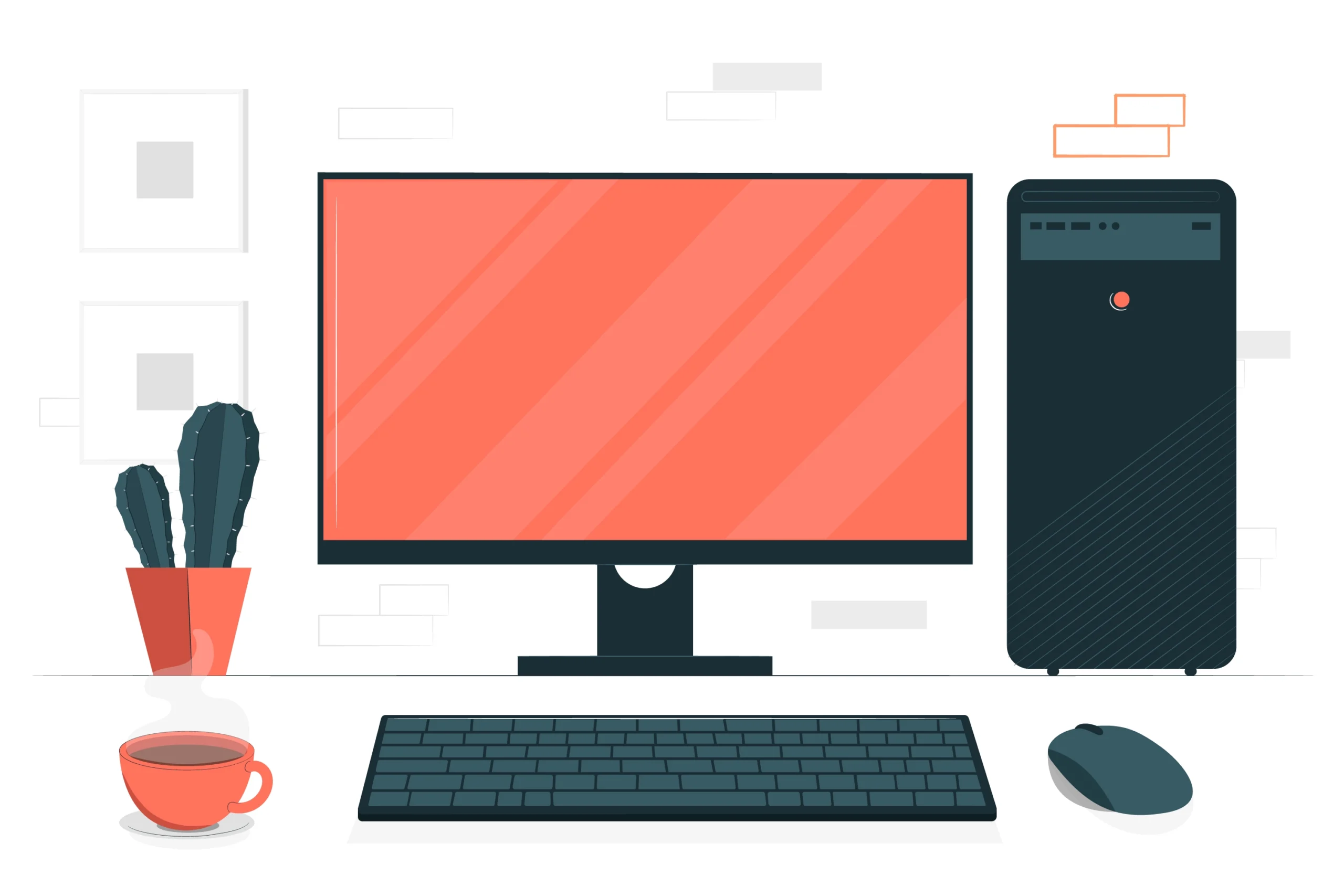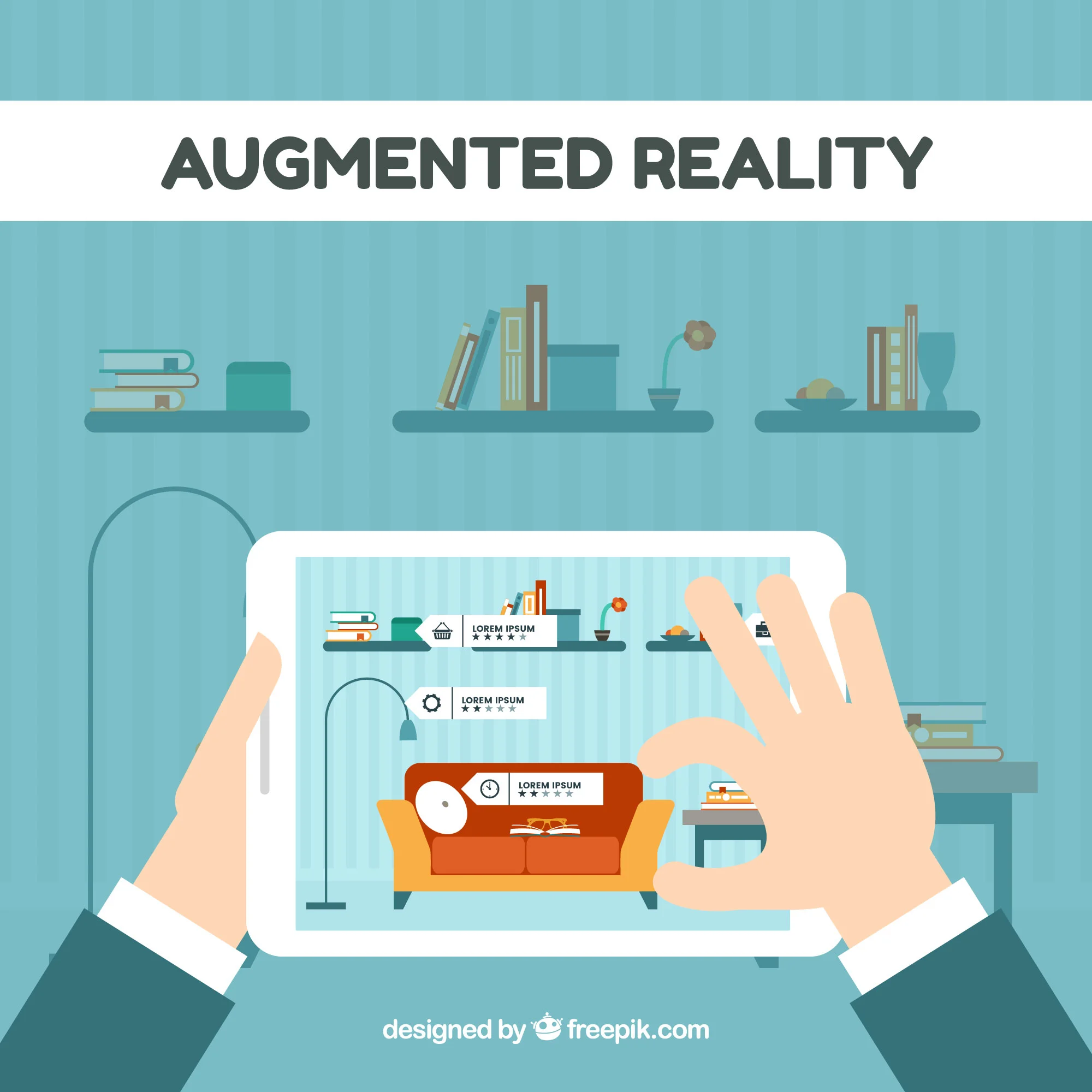Introduction
Computers are an integral part of modern life, impacting almost every aspect of our daily routines. From personal devices like laptops and smartphones to the vast networks that power the internet, computers are the backbone of contemporary technology. This article delves into what computers are, their components, functions, and their significance in today’s world.
What is a Computer?
A computer is an electronic device that processes data, performing a wide range of tasks from simple calculations to complex simulations. It operates based on instructions provided by software, converting input data into useful output.
The Evolution of Computers
Computers have evolved significantly since their inception. The earliest mechanical computers, like Charles Babbage’s Analytical Engine, laid the groundwork for modern computing. The development of electronic computers in the mid-20th century, such as the ENIAC, marked a significant leap, leading to the powerful and compact devices we use today.
Types of Computers
Computers come in various forms, each designed for specific purposes. The primary types include:
- Personal Computers (PCs): These are general-purpose computers used by individuals for tasks like word processing, internet browsing, and gaming.
- Laptops and Notebooks: Portable computers that offer the functionality of a desktop computer but in a compact form.
- Servers: Powerful machines that provide resources and services to other computers on a network.
- Mainframes: Large, powerful systems used by organizations for critical applications, bulk data processing, and enterprise resource planning.
- Supercomputers: Extremely fast computers used for complex simulations, scientific research, and weather forecasting.
Components of a Computer
A computer consists of both hardware and software components. Each part plays a crucial role in the overall functionality of the system.
Hardware Components
- Central Processing Unit (CPU): Often referred to as the brain of the computer, the CPU performs calculations and executes instructions. Modern CPUs consist of multiple cores, enhancing their processing power.
- Memory (RAM): Random Access Memory (RAM) is a temporary storage area that holds data and instructions that the CPU needs while performing tasks. More RAM allows a computer to handle more tasks simultaneously.
- Storage Devices: These include Hard Disk Drives (HDDs), Solid State Drives (SSDs), and external storage options like USB drives. Storage devices hold the operating system, applications, and user data.
- Motherboard: The main circuit board that houses the CPU, RAM, and other essential components. It provides connectivity between all parts of the computer.
- Input and Output Devices: Input devices like keyboards and mice allow users to interact with the computer, while output devices like monitors and printers display or produce the results of the computer’s processes.
Software Components
- Operating System (OS): The OS is the software that manages hardware resources and provides a user interface. Common operating systems include Windows, macOS, Linux, and Android.
- Applications: These are programs designed for specific tasks, such as word processing, web browsing, and graphic design. Applications run on top of the operating system.
- Utilities: System management tools that help maintain, protect, and optimize the computer’s performance.
How Computers Work
Computers operate through a cycle known as the fetch-decode-execute cycle. Here’s a simplified breakdown:
- Fetch: The CPU retrieves an instruction from the computer’s memory.
- Decode: The CPU decodes the instruction to understand what action is required.
- Execute: The CPU executes the instruction, performing the necessary operation.
This cycle repeats continuously, enabling the computer to perform tasks rapidly and efficiently.
The Role of Computers in Modern Society
Computers have transformed various aspects of our lives, including:
Communication
Email, social media, and video conferencing platforms have revolutionized how we communicate, making it easier to stay connected with people worldwide.
Education
E-learning platforms, online courses, and digital libraries provide access to vast amounts of information, making education more accessible.
Business and Commerce
From managing inventory to processing transactions, computers streamline business operations. E-commerce platforms enable businesses to reach a global market.
Healthcare
Computers aid in patient record management, diagnostic procedures, and research, improving healthcare delivery and outcomes.
Entertainment
Streaming services, video games, and virtual reality provide endless entertainment options, all powered by computer technology.
Future Trends in Computing
The field of computing is continually evolving, with emerging trends promising to further enhance the capabilities and impact of computers.
Artificial Intelligence (AI) and Machine Learning (ML)
AI and ML technologies enable computers to learn from data, improving their ability to perform complex tasks and make decisions.
Quantum Computing
Quantum computers use principles of quantum mechanics to process information in fundamentally new ways, potentially solving problems that are currently intractable for classical computers.
Internet of Things (IoT)
IoT involves connecting everyday devices to the internet, allowing them to communicate and interact, creating smarter homes, cities, and industries.
Edge Computing
Edge computing brings computation closer to data sources, reducing latency and bandwidth use, essential for real-time applications like autonomous vehicles and industrial automation.
Must Read : All You Need to Know About Chat GPT
Conclusion
Computers are a cornerstone of modern technology, shaping how we live, work, and interact. Understanding the basics of what computers are, their components, and their functions is essential in appreciating their role in our world. As technology continues to advance, the impact of computers will only grow, driving innovation and progress across various fields.



